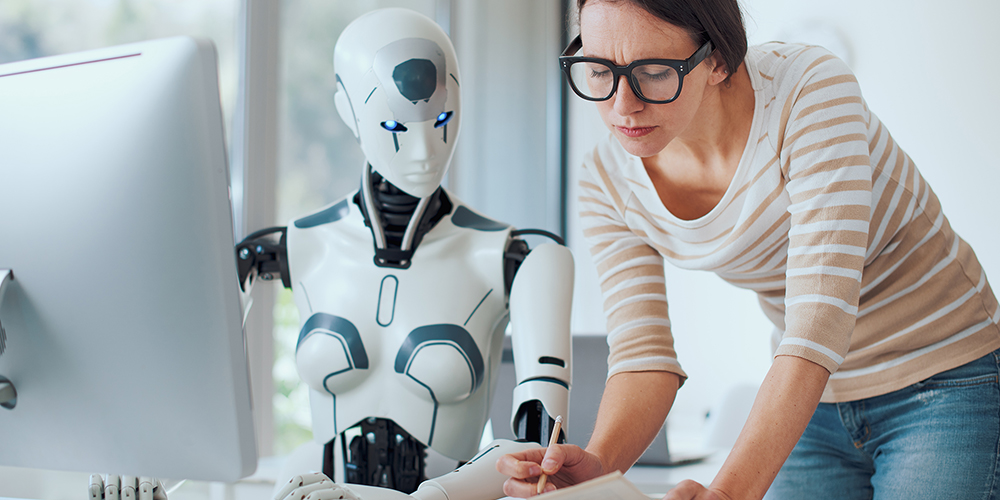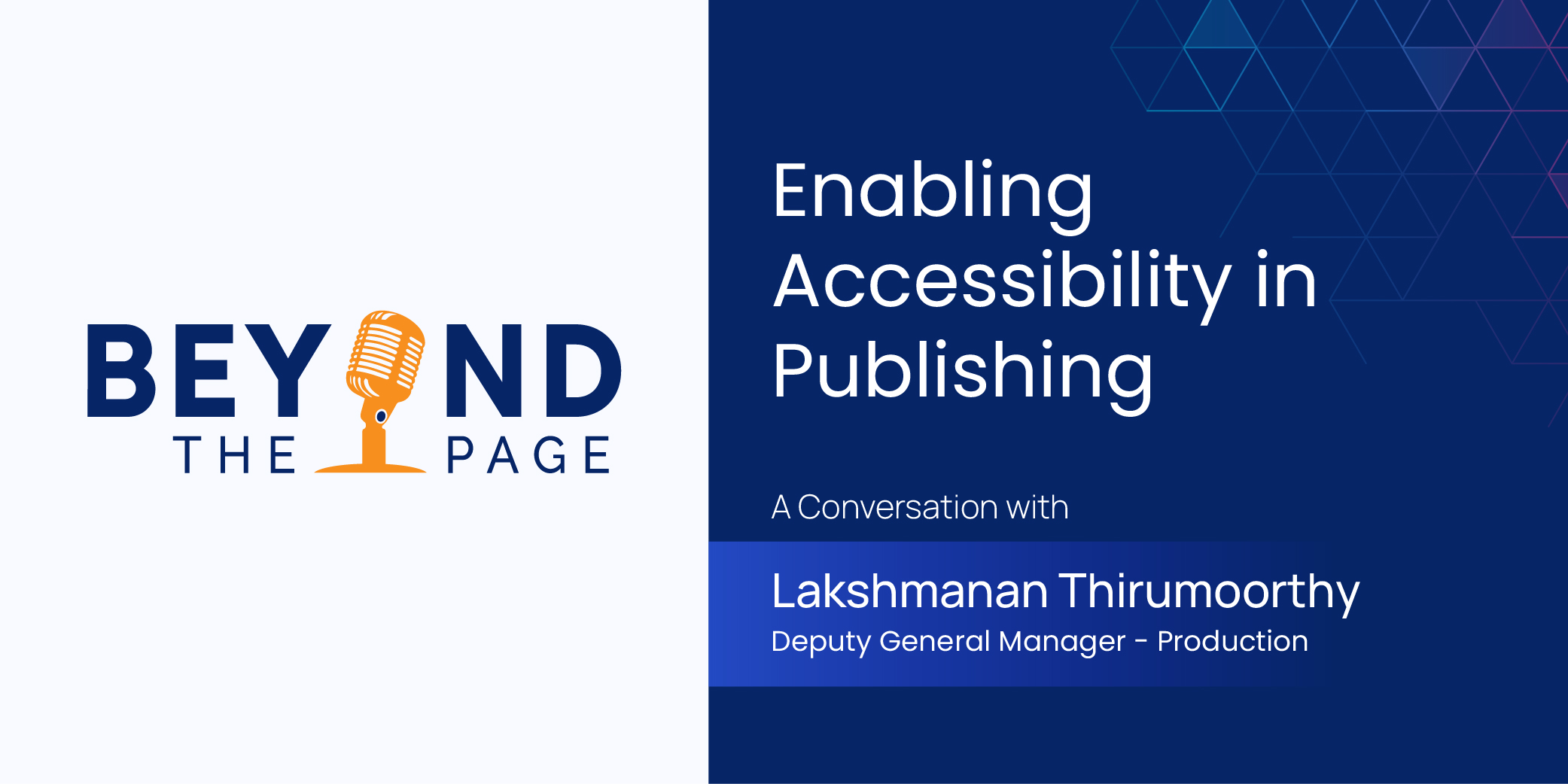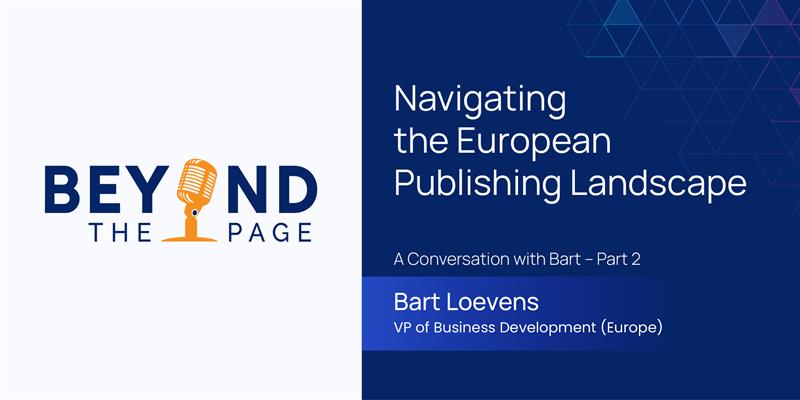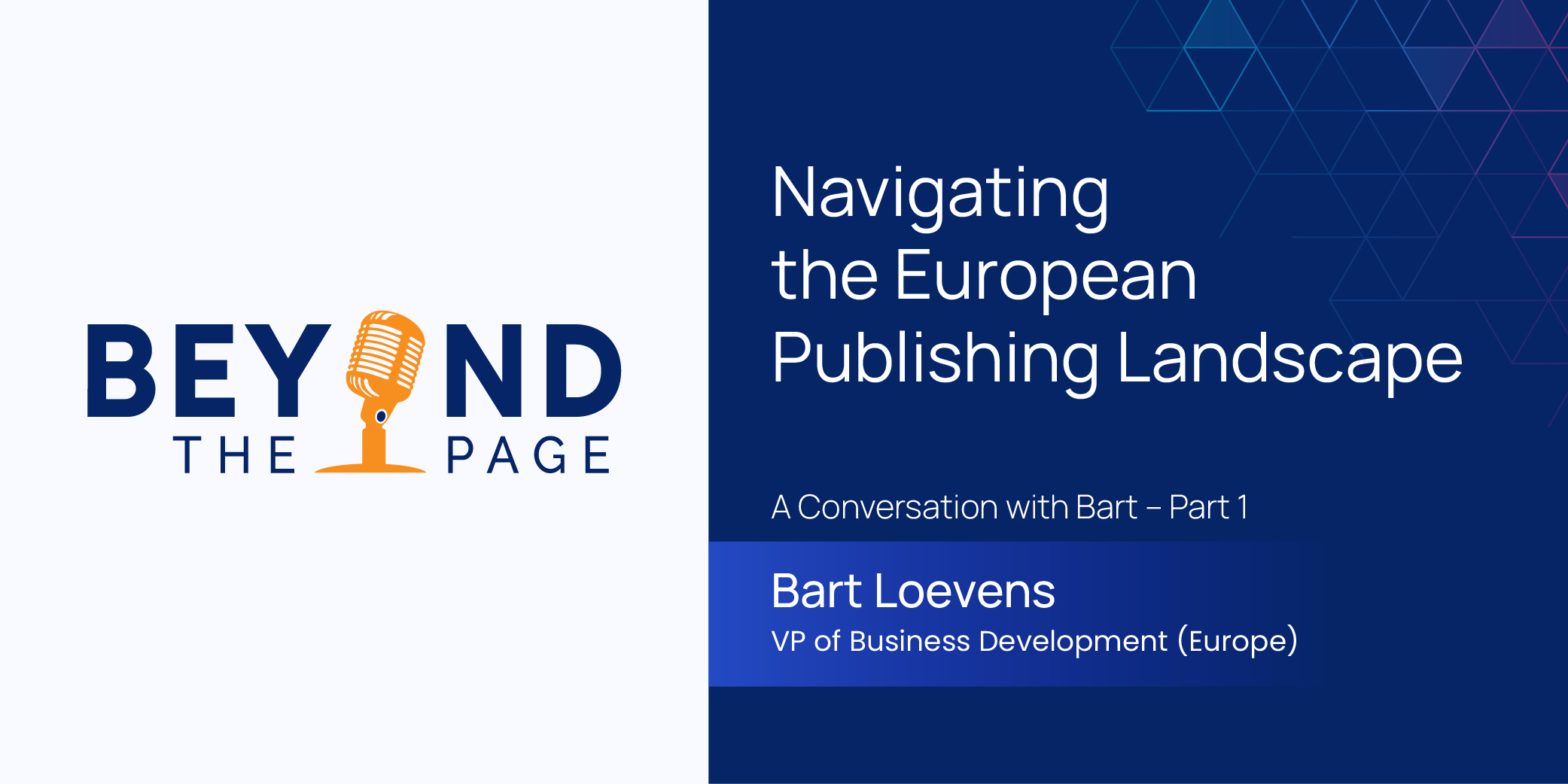
The intelligent hum of automation is no longer a futuristic fantasy. Artificial intelligence (AI) is rapidly transforming workplaces, automating tasks, and reshaping the way we work. While headlines often focus on job displacement, a more nuanced reality is emerging. AI has the potential to be a powerful tool for enhancing employee satisfaction by increasing productivity, efficiency, and fostering a culture of human-machine collaboration.
Why AI Automation is Gaining Momentum
Several factors are propelling AI’s rise in the workplace. The ever-growing volume of big data generated by modern businesses provides the fuel for AI algorithms, while advancements in machine learning allow these algorithms to learn and improve continuously. A 2023 study by PWC estimates that AI could contribute up to $15.7 trillion to the global GDP by 2030. This potential for economic growth, coupled with rising labor costs, makes AI an increasingly attractive proposition for businesses.
How Automation Can Elevate the Employee Experience
Contrary to popular fears, AI is not necessarily a job destroyer. Instead, it can be a powerful tool for employee empowerment. Here’s how:
- Increased Productivity and Efficiency: AI-powered tools can automate repetitive tasks such as data entry, scheduling, and report generation. This frees up valuable employee time for higher-level activities like strategic thinking, problem-solving, and client interaction. A 2023 Forrester report, found that 74% of employees believe AI can help them be more productive in their roles.
- Improved Workflows and Decision-Making: AI can analyze vast amounts of data to identify patterns and trends, providing valuable insights that can optimize workflows and inform decision-making. This allows employees to work smarter, not harder.
- Reduced Errors and Improved Accuracy: AI-powered automation can minimize human error, leading to improved accuracy and consistency in tasks. This not only reduces rework and delays but also frees employees from the stress of error-prone activities.
The Automation Paradox: Addressing Concerns and Risks
While AI offers significant benefits, it’s not without potential drawbacks:
- Job Displacement: A major concern surrounding AI is job automation. While some roles may be replaced, others will be created to manage and develop AI systems. The key lies in reskilling and upskilling the workforce to adapt.
- Employee Anxiety and Morale: The fear of job displacement can lead to anxiety and decreased morale among employees. Open communication and clear plans for transition are crucial during AI implementation.
Navigating the Transformation: Strategies for a Smooth Transition
To ensure a smooth transition and maximize the benefits of AI, businesses can adopt the following strategies:
- Change Management: Successful AI adoption requires a well-defined change management strategy. This includes building awareness, explaining the benefits for employees, and addressing concerns with transparency.
- Upskilling and Reskilling: Invest in training and development programs that equip employees with the skills needed to thrive in an AI-powered workplace. Focus on skills like critical thinking, creativity, and complex problem-solving, which will remain highly valuable.
- Employee Involvement: Involve employees in the planning and implementation of AI solutions. This fosters a sense of ownership and reduces resistance.
To maximize satisfaction and engagement in an AI-driven workplace, companies need to foster a culture of human-machine collaboration. This involves:
- Communication: Clearly communicate the reasons behind AI adoption and how AI will complement, not replace, human employees.
- Training: Provide ongoing training on using AI tools effectively, helping employees adjust to their augmented roles.
- Focus on Human Strengths: While AI excels at automation and data analysis, human strengths like creativity, empathy, and critical thinking will remain invaluable.
AI automation is not a zero-sum game. By embracing a human-centric approach to AI adoption, businesses can harness the power of AI to create a more productive, efficient, and ultimately, more satisfying workplace for employees. The future of work lies in a symbiotic partnership between humans and machines, where AI empowers employees to reach their full potential.
Integra offers a comprehensive suite of AI Automation and Intelligent Process Automation (IPA) services designed to orchestrate a seamless human-machine symphony within your organization. Their solutions go beyond simply automating tasks; they focus on augmenting human capabilities and optimizing workflows to create a more efficient and fulfilling work experience for your employees.
Integra’s approach is all about creating a collaborative environment where AI complements and enhances human capabilities. Their solutions are designed to be user-friendly and integrate seamlessly with existing workflows. This allows employees to leverage the power of AI while still utilizing their own critical thinking, creativity, and problem-solving skills.
Get in touch with our AI experts to ensure that AI implementation within your organization leads to a positive transformation, not just for efficiency, but also for employee satisfaction and overall success.
News & Insights

Enabling Accessibility in Scholarly Publishing – A Conversation with Lakshmanan Thirumoorthy

Navigating the European Publishing Landscape – A Conversation with Bart – Part 2

